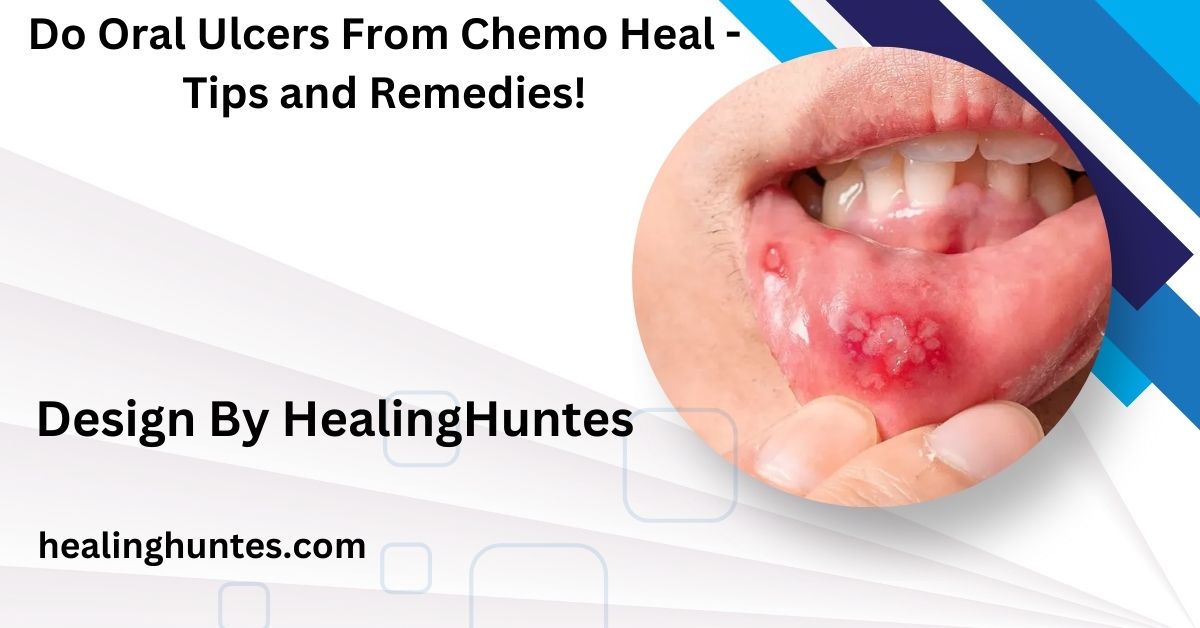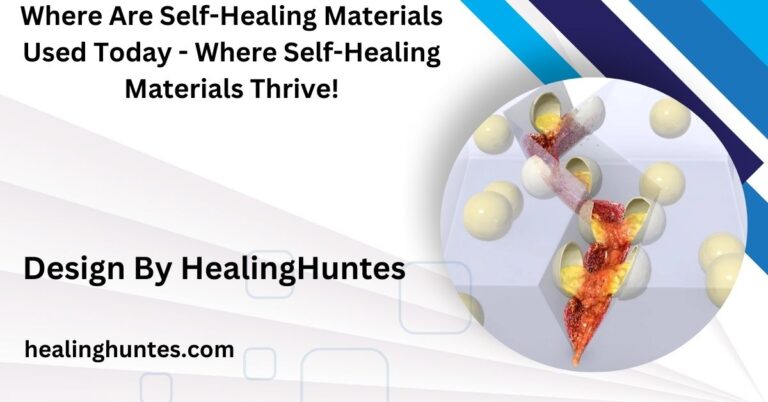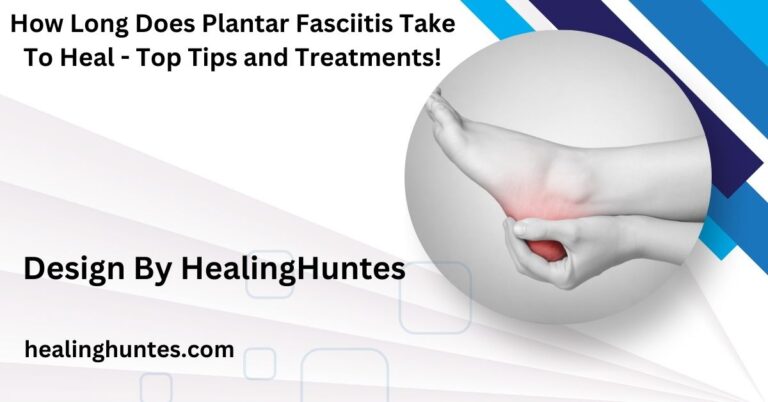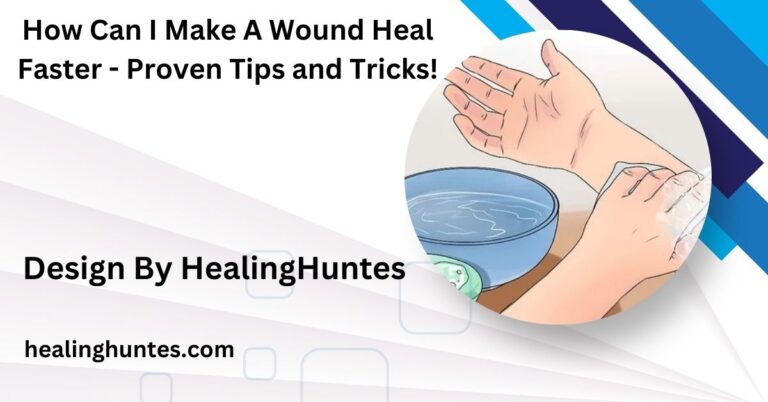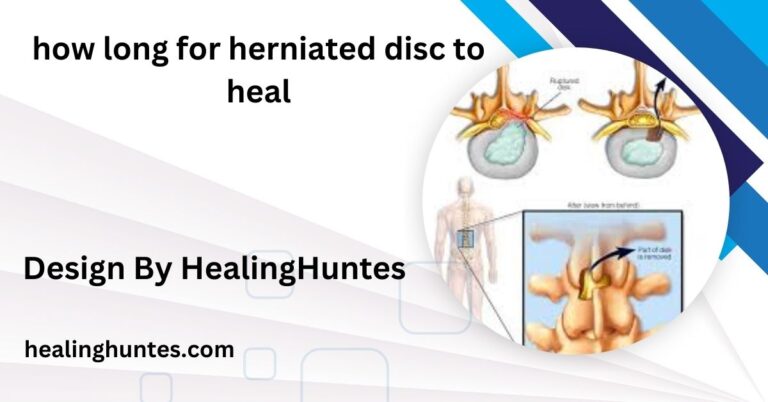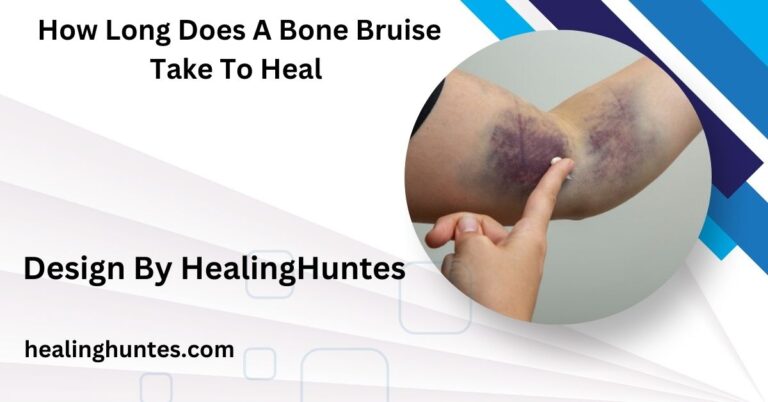Do Oral Ulcers From Chemo Heal – Tips and Remedies!
Oral ulcers from chemotherapy typically heal within 2 to 3 weeks with proper care, but recovery time can vary depending on severity and individual health.
In this article, we will explore the healing process, possible remedies, and tips to relieve the discomfort caused by oral ulcers from chemotherapy.
What Are Oral Ulcers from Chemotherapy:

Oral ulcers are painful sores that develop in the mouth as a result of chemotherapy. The chemotherapy drugs target rapidly dividing cells, which include both cancerous cells and the healthy cells in the mouth lining. As a result, the cells in the mouth are damaged, leading to inflammation, ulcers, and potential infection.Chemotherapy-induced oral ulcers are typically one of the most common side effects of treatment. These sores can develop on the tongue, cheeks, gums, or the roof of the mouth, causing pain and discomfort, especially when eating or drinking.
Do Oral Ulcers from Chemo Heal Naturally:
Yes, oral ulcers from chemotherapy do heal naturally, but the time required for recovery depends on several factors, such as the type and dosage of chemotherapy, overall health, and whether additional infections occur.Once chemotherapy treatment ends or is paused, the mouth lining starts to regenerate. In most cases, the ulcers heal within 2 to 3 weeks, but some patients may experience a longer healing period, especially if the ulcers are severe or infected.
How Long Does It Take for Oral Ulcers to Heal:
Typically, oral ulcers from chemotherapy take about 2 to 3 weeks to heal after the completion of treatment. However, this timeline can vary. If there are no complications, such as infections or further irritation, healing usually happens quickly.For more severe cases, such as when ulcers become infected or persistent, healing may take longer. Using prescribed mouthwashes and following your doctor’s care instructions can help reduce healing time.
How to Relieve Pain and Discomfort from Oral Ulcers:
Using Medications to Manage Pain:
Doctors may prescribe special mouthwashes, gels, or sprays containing pain-relieving or anti-inflammatory medications to reduce the pain and inflammation associated with oral ulcers. These medications can offer significant relief, making it easier for patients to eat and speak.
In some cases, corticosteroids or other prescribed treatments may be needed to reduce severe inflammation and promote faster healing.
Also Read: Can Everyone Heal From Self Help – Exploring the Truth!
Home Remedies for Symptom Relief:
While medical treatments are important, there are also several home remedies that can help relieve the pain and discomfort associated with oral ulcers. Here are a few that may provide relief:
- Saltwater Rinses: A saltwater rinse can help soothe the ulcers, reduce inflammation, and prevent infection.
- Honey: Applying honey to the ulcers helps promote healing, as it has natural antibacterial properties.
- Avoiding Irritating Foods: Eating soft foods and avoiding spicy, acidic, or rough-textured foods can prevent further irritation of the sores.
These simple remedies can be used alongside prescribed treatments to help ease discomfort and speed up the healing process.
Preventing Oral Ulcers During Chemotherapy:
Maintaining Proper Oral Hygiene:
Maintaining excellent oral hygiene is one of the most important things you can do to prevent and manage oral ulcers. Brushing your teeth with a soft-bristled toothbrush and using an alcohol-free mouthwash can help keep the mouth clean and minimize the risk of infection.
Regular visits to the dentist before and during chemotherapy can also identify and address potential problems early.
Eating a Healthy Diet:
Eating a balanced and nutrient-rich diet supports your body’s healing process, including the health of your mouth. Focus on soft, bland foods that are easy to eat and won’t irritate the sores. Foods like mashed potatoes, yogurt, and smoothies can provide nourishment without causing discomfort.
Avoid acidic foods like citrus fruits or tomatoes, as well as crunchy snacks, which can exacerbate the pain from the sores.
Tips for Faster Healing of Oral Ulcers:

Several practices can help speed up the healing process and reduce discomfort associated with oral ulcers.
Stay Hydrated:
Drinking plenty of fluids, particularly water, helps keep your mouth moist and reduces irritation. Staying hydrated is important for overall health, especially when dealing with chemotherapy side effects.
Herbal teas or broths can also be soothing and provide hydration while offering additional comfort.
Suck on Ice Chips:
Sucking on ice chips during chemotherapy can help prevent the formation of oral ulcers by constricting blood vessels and limiting exposure to chemotherapy drugs in the mouth. This practice has been shown to reduce the severity of mucositis in many cases.
Ice chips also numb the mouth, offering temporary relief from pain.
Rest and Stress Management:
Allowing your body to rest is crucial during chemotherapy. Adequate sleep helps boost your immune system, which plays a vital role in the healing process. Managing stress through relaxation techniques, such as deep breathing or meditation, can also help enhance your body’s ability to recover.
Also Read: Time To Heal Broken Ankle – A Comprehensive Guide!
When to Seek Medical Attention for Oral Ulcers:
While most oral ulcers heal naturally with proper care, there are situations where medical attention is necessary. You should consult your doctor if:
- The ulcers persist beyond 3 weeks or worsen over time.
- You experience excessive bleeding or severe pain.
- You notice signs of infection, such as swelling, fever, or pus.
Your healthcare provider can offer additional treatments, such as antibiotics for infections or stronger pain relief options.
FAQ’s
1. What causes oral ulcers during chemotherapy?
Chemotherapy damages both cancerous and healthy cells in the mouth, leading to inflammation and ulcers.
2. How long does it take for oral ulcers to heal after chemotherapy?
Most oral ulcers heal within 2 to 3 weeks after chemotherapy ends, though some cases may take longer.
3. Can I prevent oral ulcers while undergoing chemotherapy?
Good oral hygiene, using ice chips, and eating soft, bland foods can help reduce the severity of oral ulcers.
4. Are there any home remedies to soothe oral ulcers from chemotherapy?
Saltwater rinses, honey application, and avoiding irritating foods are simple and effective home remedies.
5. When should I consult my doctor about oral ulcers?
If the ulcers persist for more than 3 weeks, cause significant pain, or show signs of infection, consult your healthcare provider.
Conclusion
While chemotherapy-induced oral ulcers can be painful and uncomfortable, they typically heal within 2 to 3 weeks after the end of treatment. Following proper oral hygiene, managing discomfort with medications or home remedies, and eating a nutritious diet can speed up healing.Remember, everyone’s experience with chemotherapy and oral ulcers is different, so it’s essential to listen to your body and seek medical advice if symptoms worsen or become unmanageable.
